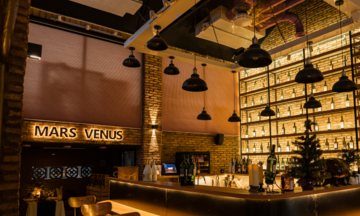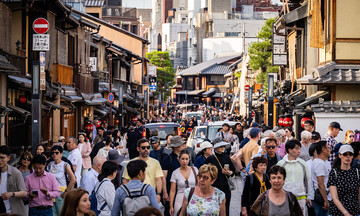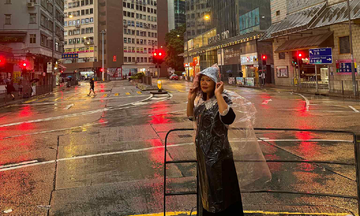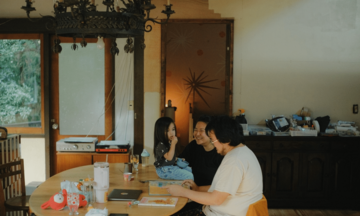Located in Amagi Yugashima, Izu City, Shizuoka Prefecture, Japan, Myotoku-ji Shrine is considered one of the region's most unusual destinations. The shrine is primarily known to locals and rarely features in popular travel guides or among international tourists.
Myotoku-ji Shrine gained attention in the mid-1970s when NHK reporters stumbled upon it. The shrine is dedicated to Ususama Myoo, affectionately known as the "toilet god".
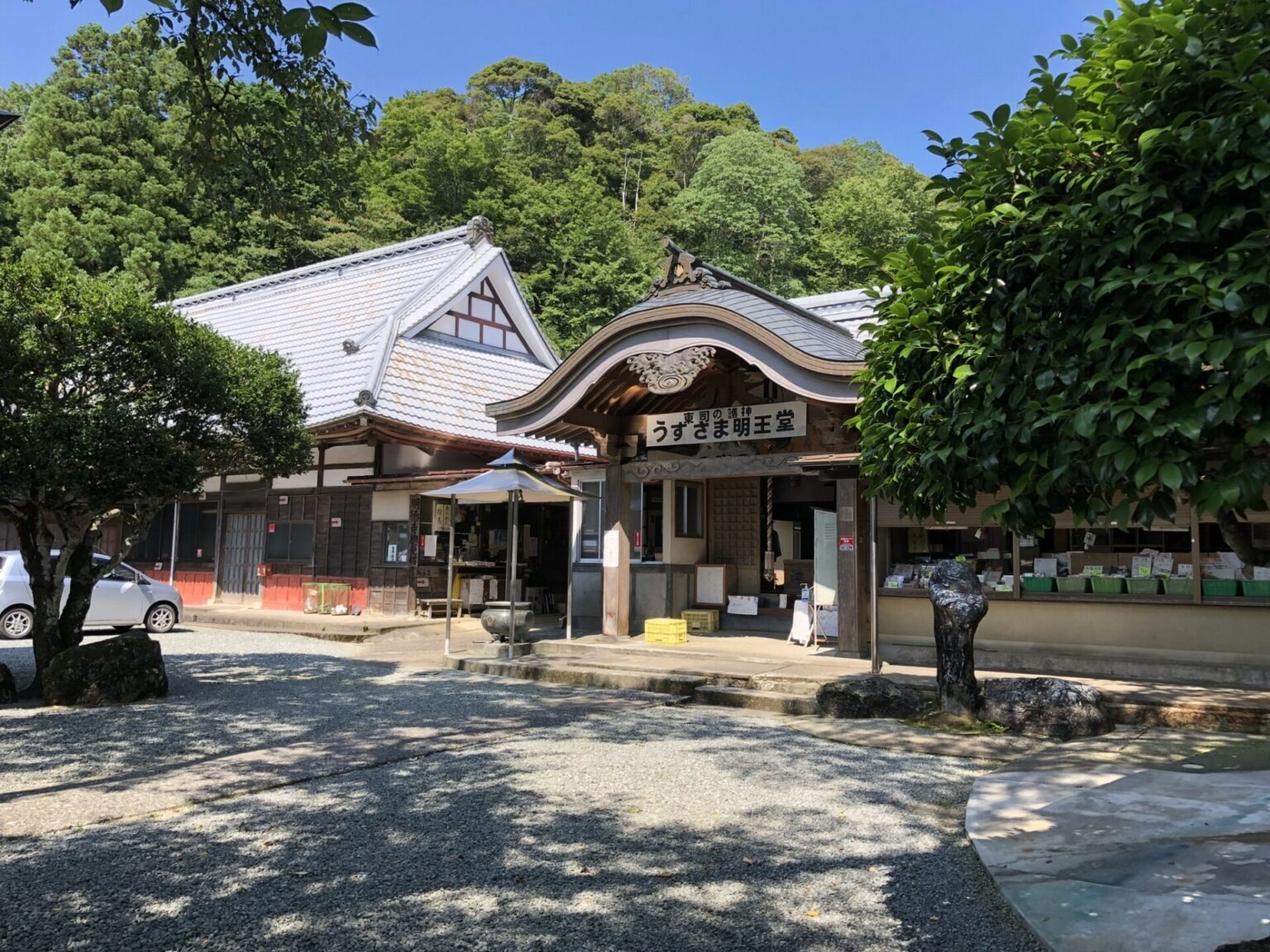 |
The shrine from the outside. Photo: Tabirai |
The shrine from the outside. Photo: Tabirai
The Japanese believe Ususama Myoo is the god of purifying fire, capable of incinerating impurities. Traditionally, toilets were seen as unclean places, associated with evil and malevolent spirits. Therefore, placing a statue of the god in the toilet area or within temples and shrines is believed to protect people from misfortune, while blessing health and daily life.
Upon entering the gate, visitors will immediately notice stones and statues resembling genitalia. Behind these is the Ususama Myoo-do, the main hall of worship. The rituals here differ from those at typical shrines. Visitors can participate in two main rituals: Osasuri and Omatagi.
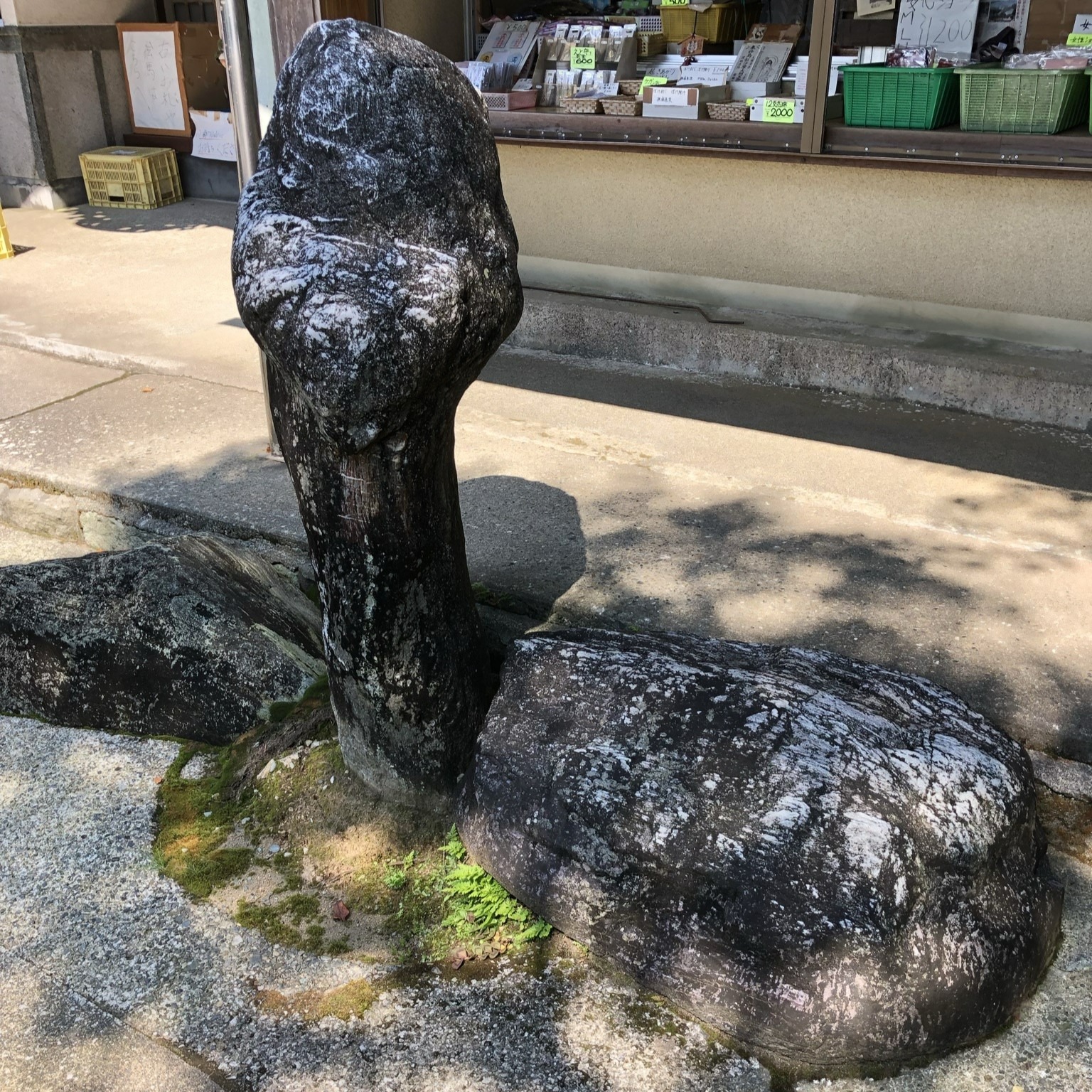 |
A statue resembling genitalia placed in front of the main hall. Photo: Tabirai |
A statue resembling genitalia placed in front of the main hall. Photo: Tabirai
Osasuri involves rubbing one's hands on statues and reliefs depicting male and female genitalia. The Japanese believe this practice promotes reproductive health or cures related ailments.
Omatagi involves stepping over an offering box designed like a traditional Japanese toilet. After stepping over, visitors place their offering in the box. This is considered the formal way to pray, although it may surprise first-time visitors.
Another unusual feature is a small shop next to the main hall. Here, visitors can buy blessed underwear. This unique item is available in various sizes for men, women, and children.
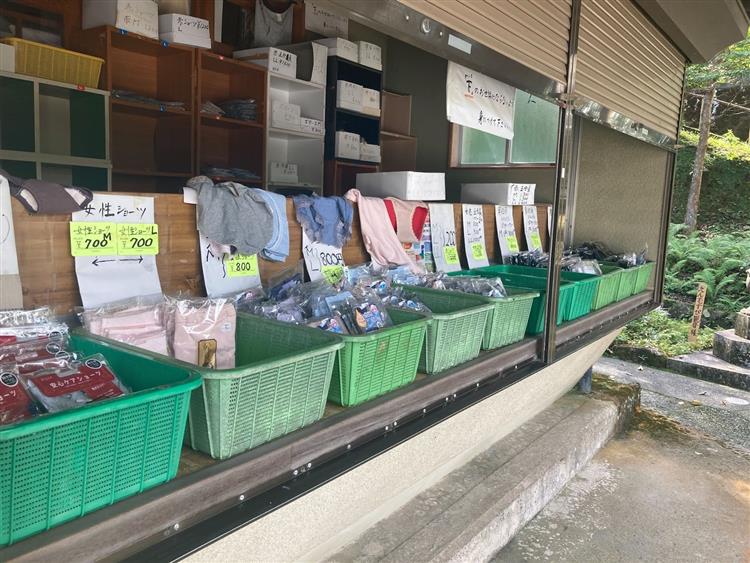 |
The area where blessed underwear is sold. Photo: Tabirai |
The area where blessed underwear is sold. Photo: Tabirai
According to the shrine's manager, the underwear brings good luck and addresses sensitive issues. For the elderly, it symbolizes independence from family in daily routines. For children, it's meant to help them overcome bedwetting. It is also purchased to wish for healthy children and grandchildren. With these meanings, many buy them as gifts for grandparents, parents, or children.
In addition to the toilet god, Myotoku-ji Shrine also has other areas of worship, such as "Boke fuji Kannon," the god who prevents senility and forgetfulness. Visitors often rub the heads of statues of elderly people placed at the feet of this god to offer prayers. "Enmusubi Kannon" is the god of matchmaking, where young people come to pray for love and successful marriages.
Hoai Anh (Tokyo Fox, Tabirai)



